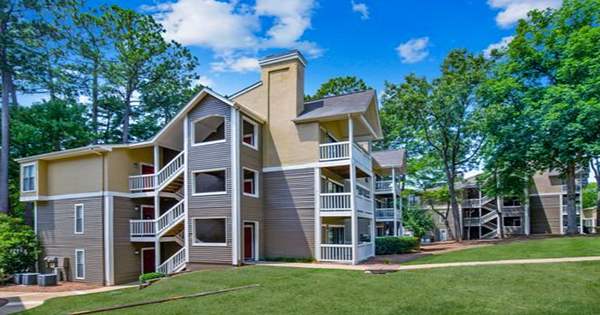Startups have spent the last decade attempting to provide every possible variation of Airbnb. But, just as remote work becomes the norm, Ukio believes it has found a way through the ever-growing tangle of housing rental competitors — and regulators.
It provides one-month and longer rentals in excellent city areas, providing a turnkey premium experience in collaboration with local property owners. The preliminary findings are encouraging.
The Barcelona-based company was formed early last year and has already grown to over 100 flats between Barcelona and Madrid, with a 95% occupancy rate.
Today, it announced a $9 million seed round from leading European investors, with aspirations to expand to over 700 apartments in six continental capitals by 2022. The following cities on the list are Lisbon, London, and Berlin.
According to co-founder and CEO Stanley Fourteau*, Ukio’s guests are virtually evenly split between two use cases. The other half is made up of new long-term residents who have found local jobs and will eventually settle down. So far, this group has stayed for six months or more.
Fourteau, a long-serving director at Airbnb, believes that the mainstreaming of remote and distributed work has attracted an increasing number of digital nomads searching for more than a short-term rental. To date, this half of the user base has stayed for two or three months.
He referenced a Gartner analysis as evidence of the market opportunity, stating that remote workers might account for 31% of all workers by the end of this year. However, TechCrunch readers may consider that figure to be cautious. Proptech investors I polled for Extra Crunch in March, for example, predicted that office space would become more of a luxury in the future, with more people living wherever they wished — in places with fun “third spaces” for entertainment and community, such as those seen in many European cities.
Ukio, which means “living in the moment” in Japanese, is far from the only firm vying for this shifting population. Blueground, Sonder, Sentinel, and Zeus (together with Airbnb’s long-term rental alternatives) are a few notable examples from a lengthy list. So, what makes this different?
Fourteau notes, “Ukio rents, furnishes, and administers properties to oversee the complete guest experience.” “Our vertically integrated model allows us to professionalize supply for platforms like Airbnb (a peer-to-peer marketplace), much like big hotel chains do for Booking.com.”
















